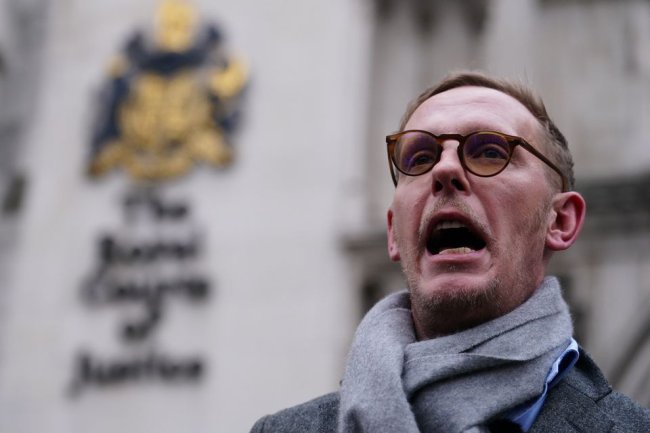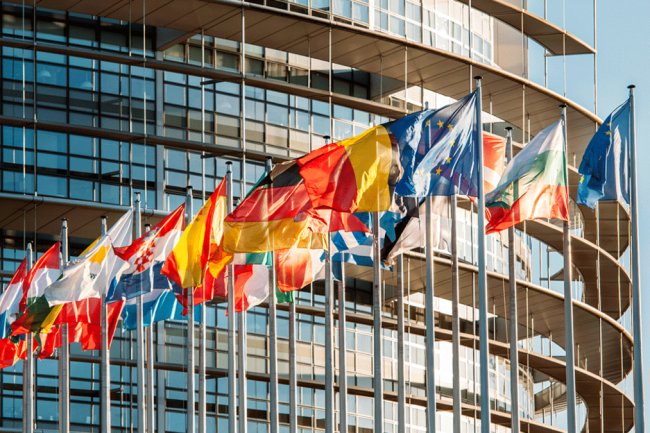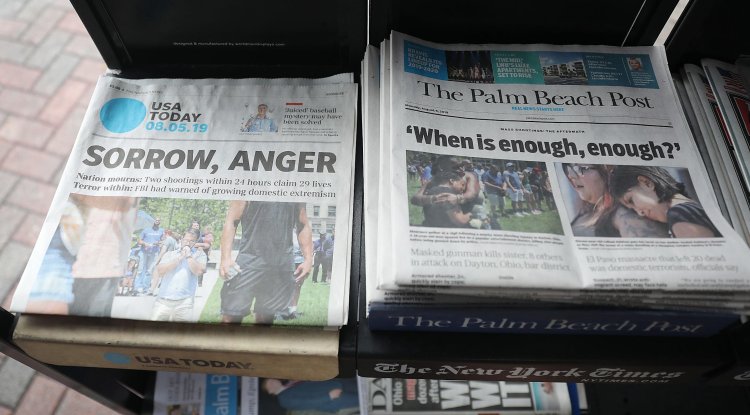Katie Britt and CNN's Correction: A Clash Over State of the Union Rebuttal
Explore the clash between Katie Britt and CNN over her State of the Union rebuttal, highlighting media dynamics and political discourse.
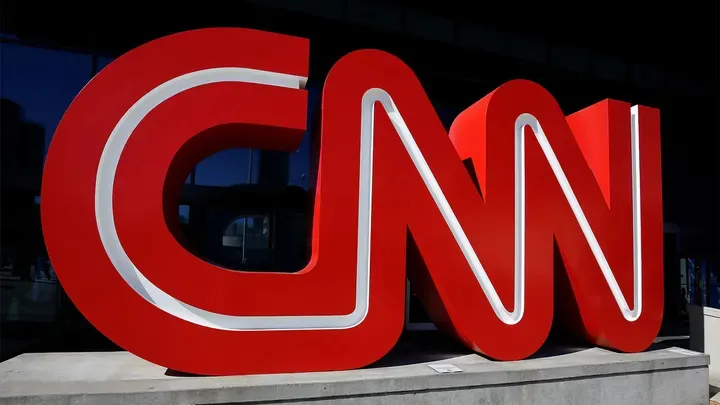
-
Introduction
- Overview of the controversy involving Sen. Katie Britt's State of the Union rebuttal and CNN's subsequent correction.
- Brief mention of the political and media landscape's role in shaping public perception.
-
Background on Katie Britt and the State of the Union Rebuttal
- Profile of Sen. Katie Britt as a rising Republican figure.
- Overview of Britt's State of the Union rebuttal, focusing on the border crisis and human trafficking.
-
The CNN Correction: Details and Implications
- Examination of CNN's reporting on Britt's rebuttal and the factual inaccuracies that led to a correction.
- Analysis of the significance of this correction in the context of journalistic standards and political reporting.
-
Reaction from the Political Sphere and Public
- Insight into the support Britt received from fellow Republicans and criticisms of media practices.
- Discussion on the impact of media narratives on political figures and public opinion.
-
The Role of Media in Political Discourse
- Exploration of how media outlets influence political discourse and the importance of accurate reporting.
- Consideration of the balance between journalism and political advocacy.
-
Conclusion
- Reflection on the broader implications of the Katie Britt-CNN controversy for political communication and media ethics.
- Call to action for more constructive and accurate media coverage in political matters.
Article
In a recent turn of events that has sparked extensive debate across the political and media landscape, Senator Katie Britt found herself at the center of a controversy involving CNN and her State of the Union rebuttal. This incident has shed light on the intricate dynamics between political figures and media outlets, highlighting the critical role of accuracy and integrity in journalism.
Background on Katie Britt and the State of the Union Rebuttal
Senator Katie Britt, a Republican from Alabama, has quickly emerged as a prominent figure within her party, known for her articulate stance on key issues, including the border crisis and human trafficking. Her rebuttal to the State of the Union address brought these concerns to the forefront, especially her mention of the tragic story of a sex trafficking victim to emphasize the ongoing border crisis.
The CNN Correction: Details and Implications
Following her rebuttal, CNN issued a correction to its reporting that aimed to discredit Britt's portrayal of the sex trafficking victim's story. The network had inaccurately reported on the circumstances of Britt's interaction with the victim, Karla Jacinto, and misrepresented the senator's statements regarding the involvement of cartels in Jacinto's trafficking. This correction has sparked discussions on journalistic standards and the responsibilities of media outlets in political reporting.
Reaction from the Political Sphere and Public
The correction prompted a wave of support for Britt from fellow Republicans, who accused certain media outlets of undertaking a "smear" campaign against her. This situation has underscored the tense relationship between political figures and the media, highlighting how narratives are shaped and the impact of media coverage on public perception.
The Role of Media in Political Discourse
This controversy brings to the forefront the crucial role media plays in shaping political discourse. It underscores the necessity for media outlets to adhere to high standards of accuracy and integrity, especially in the charged atmosphere of political reporting. The incident raises questions about the balance between journalism and political advocacy, and the importance of providing the public with factual, unbiased information.
Conclusion
The clash between Senator Katie Britt and CNN over her State of the Union rebuttal serves as a poignant reminder of the complex relationship between politics and the media. It highlights the essential need for accurate and responsible journalism in informing public discourse and shaping political narratives. As we move forward, it is imperative for both political figures and media outlets to work towards a more constructive and transparent communication landscape, where truth and integrity prevail.
For more insights and detailed analysis, visit Kiksee Magazine.
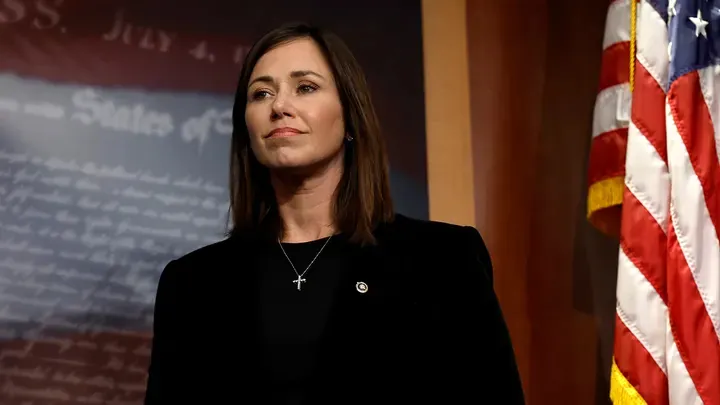
What's Your Reaction?








